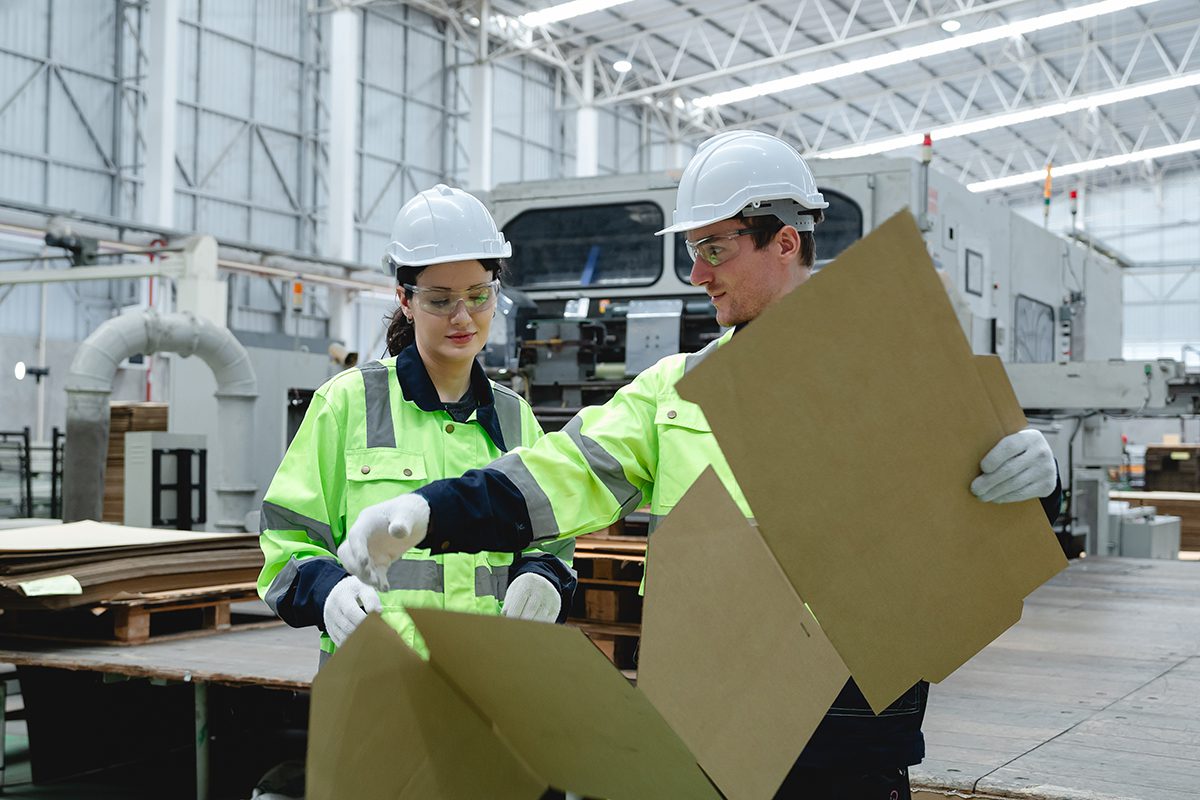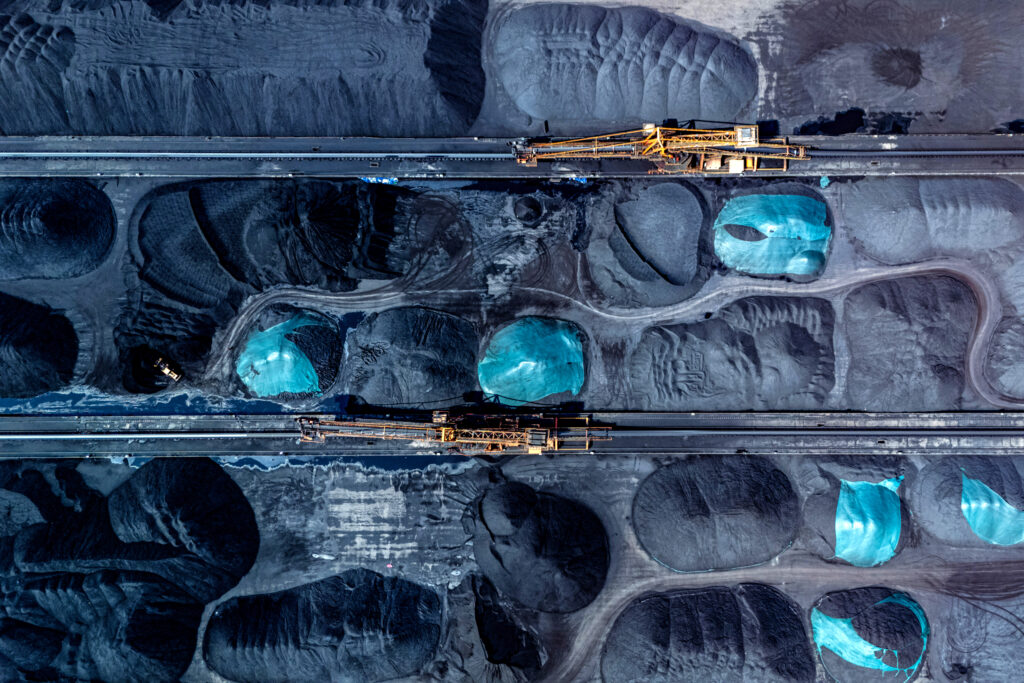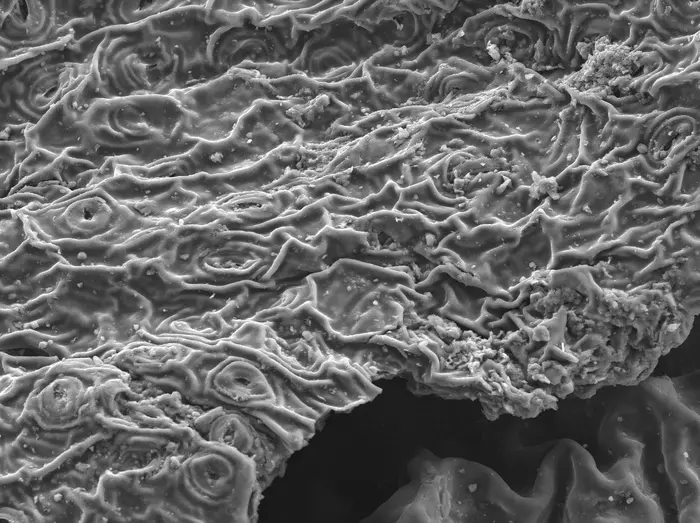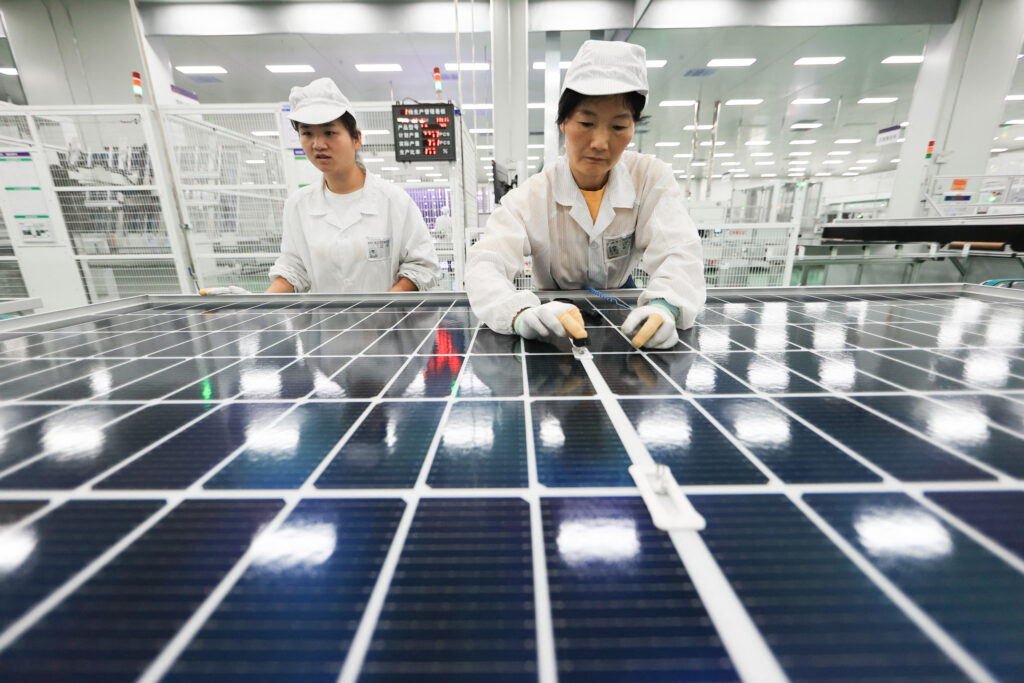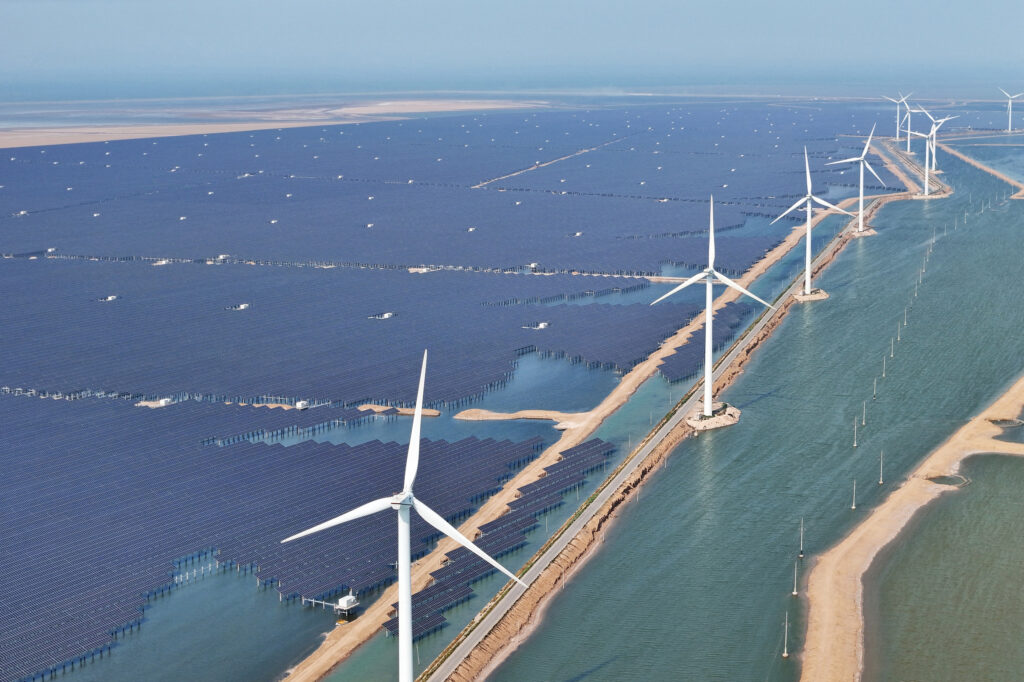Self-healing asphalt roads, made from biomass waste and designed with the help of artificial intelligence (AI), could offer a promising solution to the UK’s pothole problem, which is estimated to cost £143.5 million a year.
A team of scientists from Swansea University and King’s College London, in collaboration with scientists in Chile, is designing a new type of self-healing asphalt that can mend its own cracks without the need for maintenance or human intervention.
Cracks form when bitumen—the sticky black material in the asphalt mixture—hardens through oxidisation, but the exact processes behind this are not entirely known.
The team has found a way to reverse cracking and develop methods to “stitch” asphalt back together, creating more durable and sustainable roads.
During the research, a type of AI known as machine learning was used to study organic molecules in complex fluids like bitumen. The team developed a new data-driven model to accelerate atomistic simulations, advancing research into bitumen oxidation and crack formation. They are also collaborating with Google Cloud to simulate the behaviour of the bitumen on a computer.
To make the asphalt “self-healing”, the team incorporated tiny, porous materials known as spores, which are smaller than a strand of hair and produced by plants. These spores are filled with recycled oils, which are released when the asphalt begins to crack, helping to reverse the process.
In laboratory experiments, this advanced asphalt material was shown to completely heal a microcrack on its surface in less than an hour.
Dr Jose Norambuena-Contreras, a Senior Lecturer in the Department of Civil Engineering at Swansea University and an expert in self-healing asphalt, said: “As part of our interdisciplinary study, we have brought together experts in civil engineering, chemistry, and computer science, combining this knowledge with the state-of-the-art AI tools of Google Cloud.
“We are proud to be advancing the development of self-healing asphalt using biomass waste and artificial intelligence. This approach positions our research at the forefront of sustainable infrastructure innovation, contributing to the development of net-zero roads with enhanced durability.”
A substantial portion of carbon emissions from roads is linked to asphalt production. As the highway sector increasingly prioritises carbon reduction to support the UK Government’s goal of achieving net-zero emissions by 2050, advancing innovative bituminous materials for asphalt roads has become a key research priority.
Dr Norambuena-Contreras said: “To transition to more sustainable net-zero asphalt roads, the UK Government and private sector must invest in initiatives that drive innovation. Achieving this vision by 2050 will only be possible through the united efforts of academia, government, and industry.”
While still in development, the team’s research has enormous potential to improve infrastructure and advance sustainability around the world.
Dr Francisco Martin-Martinez, an expert in computational chemistry at King’s College London, said: “In our research, we want to mimic the healing properties observed in nature. For example, when a tree or animal is cut, their wounds naturally heal over time, using their own biology. Creating asphalt that can heal itself will increase the durability of roads and reduce the need for people to fill in potholes.
“We are also using sustainable materials in our new asphalt, including biomass waste. This will reduce our dependence on petroleum and natural resources. Biomass waste is available locally and everywhere, and it is cheap. Producing infrastructure materials from local resources like waste reduces the dependence on petroleum availability, which helps those areas of the world that have limited access to petroleum-based asphalt.”
Iain Burgess, UKI Public Sector Leader at Google Cloud, added: “We first worked with Dr Francisco Martin-Martinez when he joined the Google Cloud Research Innovators Programme in 2022, providing him access to Google experts, technical resources and training to support his research. Now, it is inspiring to see how teams at Swansea and King’s College London are unlocking the power of cloud-based and AI tools, including Gemini and Vertex AI, to drive more efficient processes and discover chemical properties.”
Dr Norambuena-Contreras’ current research into bio-based encapsulated solutions for asphalt self-healing also includes creating capsules from biopolymers derived from brown algae and recycled cooking oils, as well as the development of rejuvenators through the thermal conversion of end-of-life tyres.







